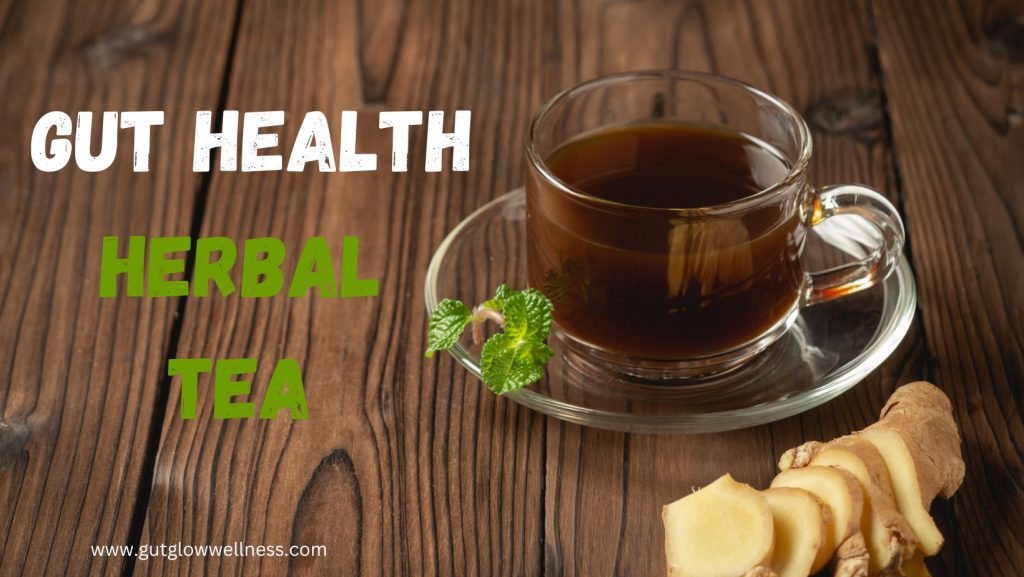
Do you ever wonder if that churning feeling in your gut is sending you a message? It might be! Our digestive system, and specifically the complex ecosystem of bacteria known as the microbiome, plays a crucial role in overall health and well-being. And research suggests that what we drink can significantly impact the delicate balance of this gut microbiome. So, is there a perfect drink to unlock harmony within your digestive system? While there’s no single magic potion, exploring the power of drinks to improve gut health can be a delicious and transformative journey.

Why Focus on Drinks for Gut Health?
While food undoubtedly plays a major role in nourishing our gut, beverages can offer unique benefits:

- Hydration: Water is essential for optimal digestion and nutrient absorption. Staying hydrated keeps things moving smoothly and prevents constipation, a common gut issue.
- Prebiotics and Probiotics: Some drinks are naturally rich in prebiotics, the food for your good gut bacteria, or even contain live probiotics themselves. These healthy microbes contribute to a balanced microbiome and support digestion.
- Additional Nutrients: Certain drinks can provide valuable nutrients like vitamins, minerals, and antioxidants, further supporting gut health and overall well-being.

Exploring Gut-Friendly Drink Options:
Beyond plain water, consider these “drinks to improve gut health”:

- Fermented Drinks: Kombucha, kefir, and kimchi water are packed with live probiotics and beneficial bacteria.
- Herbal Teas: Ginger, mint, and chamomile teas offer soothing properties and support digestion.
- Smoothies: Blend leafy greens, fruits, and yogurt for a fiber and prebiotic-rich boost.
- Coconut Water: Naturally hydrating and rich in electrolytes, it supports hydration and nutrient absorption.
- Fruit-Infused Water: Add flavor and antioxidants to your water with berries, citrus, or cucumber.

Remember: The key is diversity! Incorporate these options into your routine, but listen to your body and choose drinks that suit your individual needs and preferences.
Frequently Asked Questions:
Are gut health supplements worth it?

It depends on the individual’s specific needs and circumstances. Gut health supplements can be beneficial for some people, particularly those with digestive issues or other health problems that affect gut health. However, for people without any specific health concerns, a balanced diet with plenty of fiber and probiotics may be sufficient to maintain good gut health.
What helps gut health?

Some things that can help improve gut health include eating a diet high in fiber, staying hydrated, reducing stress, getting enough sleep, and taking probiotics.
What is gut health and why is it important?

Gut health refers to the balance and function of bacteria, viruses, and other microorganisms in the digestive tract. It is important because a healthy gut can improve digestion and nutrient absorption, boost the immune system, and even affect mental health. On the other hand, an unhealthy gut can lead to a range of health problems such as digestive issues, autoimmune disorders, and mental health conditions.
How gut health affects mental health?

Studies have shown that there is a strong correlation between gut health and mental health. The gut and brain are connected by the vagus nerve, which means that imbalances in gut bacteria can affect neurotransmitters in the brain, leading to symptoms of depression and anxiety. Additionally, the gut produces many of the same hormones and neurotransmitters as the brain, including serotonin, which is often called the “feel-good” hormone. Therefore, taking care of our gut health through a balanced diet and probiotics can have a positive impact on our mental health.
Can gut health cause anxiety?

Yes, research suggests that there is a link between gut health and anxiety. The gut and the brain are connected through a network of nerves and hormones. The gut microbiome (the community of bacteria and other microorganisms in the digestive tract) can also affect the production of neurotransmitters in the brain that regulate mood and anxiety. Therefore, maintaining a healthy gut through a balanced diet, regular exercise, and stress management techniques can help alleviate anxiety symptoms.
Leave a Reply